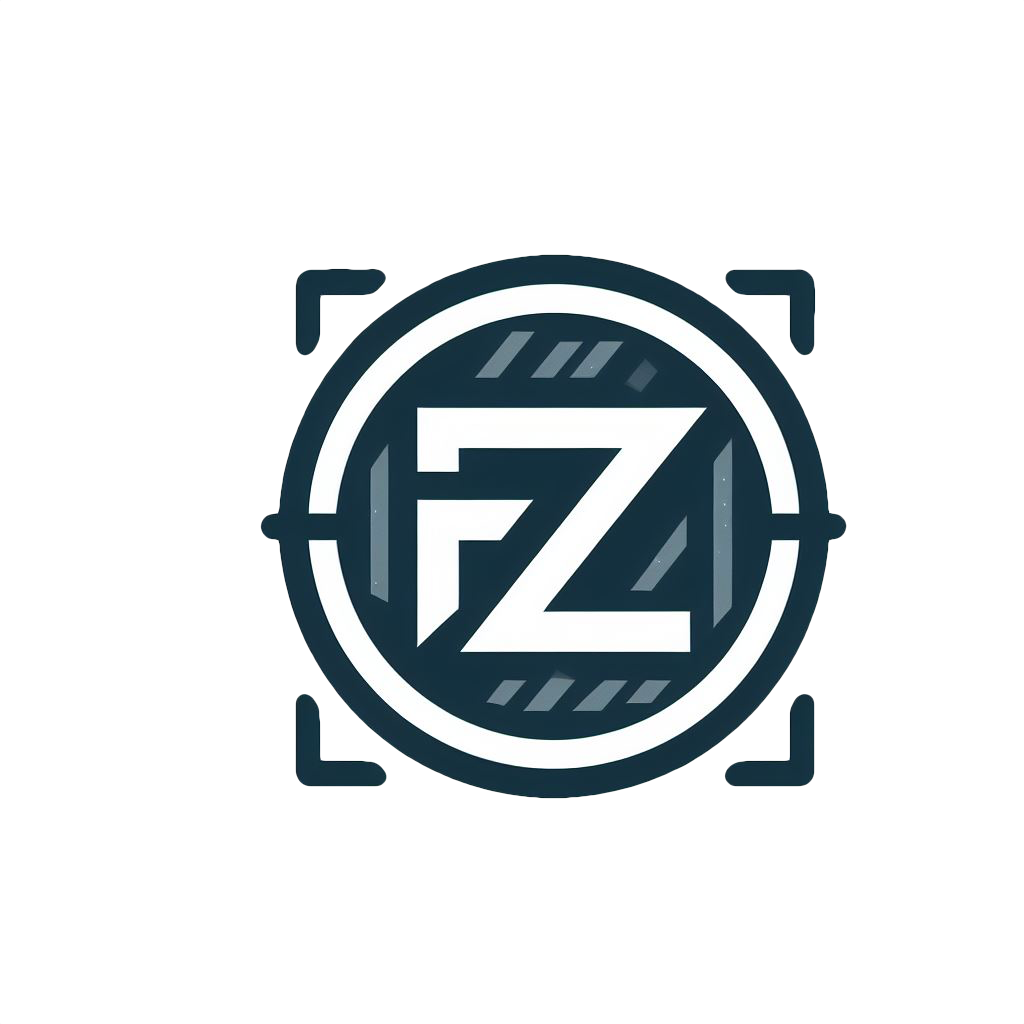Trying to discover new/unheard Linux desktop programs (Sorry for the confusion).
Edit: I apologise for confusing a lot of people. I meant Linux desktop “programs” coming from Windows/Mac. I’m used to calling them “apps”.
Edit: 🙌 I’m overwhelmed with the great “programs” people have recommended in the comment section. Thank you guys.


Emacs.
Emacs is an app platform in and of itself, and the vanilla installation comes with dozens of its own apps pre-installed. Like how web apps are all programmed in JavaScript, Emacs apps are all programmed in Lisp. All Emacs apps are scriptable and composable in Lisp. Unlike on the web, Emacs encourages you to script your apps to automate things yourself.
Emacs apps are all text based, so they all work equally well in both the GUI and the terminal.
Emacs comes with the following apps pre-installed:
Some apps that I install into Emacs include:
I’ll stick with nano over Esc+Meta+Alt+Ctrl+Shift, thanks. I mean, it’s an interesting operating system, but too bad its default text editor sucks.
(This from someone who used to use “pull the power plug to exit” vim…)
Of course people who pull the power plug to exit Vi would be the type of people to confuse app platforms with operating systems.
Was gonna recommend Emacs, myself, but looks like you got it covered! Emacs is an amazing tool and is worth the journey
How do you think one should get started with Emacs? Should they start start with regular GNU Emacs or should they install one of the “distros”?
Honestly, just download/install from your package manager and then start using it. One of the best built-in modes is called Org mode. Don’t try anything crazy because it’s easy to get overwhelmed. It took me some periods of stopping and starting before things felt natural and became my daily driver.
I always recommend using the default setup for any software. The same goes for learning GIMP, Krita, Blender, FreeCAD, or whatever else, even though you can customize them all to your liking.
It is usually a good idea to try and learn the workflow that was intended by the people who developed this software, you could learn something from trying to use the computer in the same way that the professionals do. Same for Emacs: professional software developers have used it for almost 50 years, the default keyboard shortcuts are set the way they are partially for random historical reasons, but partially because they often make a lot of sense.
If you are interested, please check out my blog series on getting started with Emacs, called Emacs for Professionals